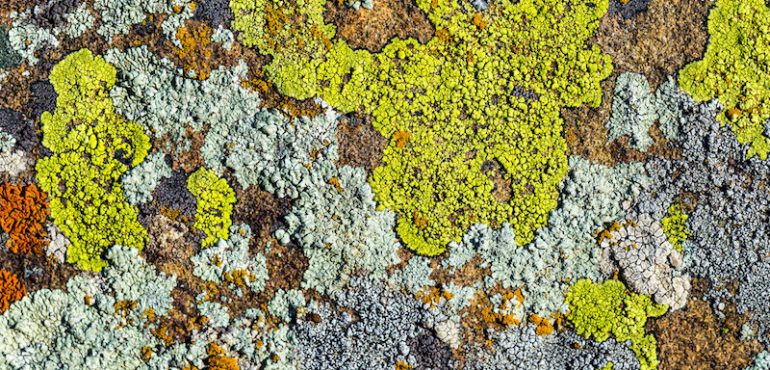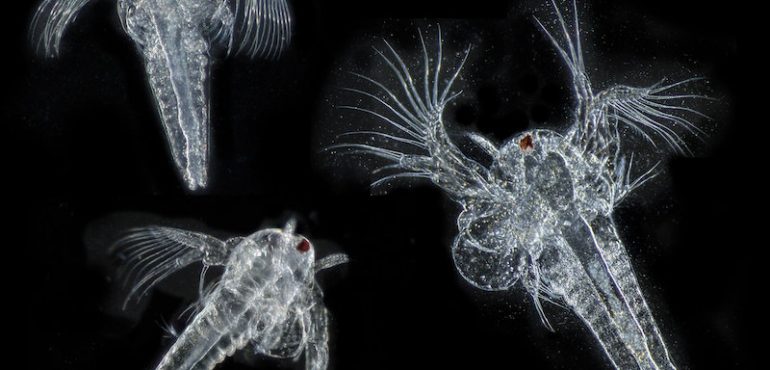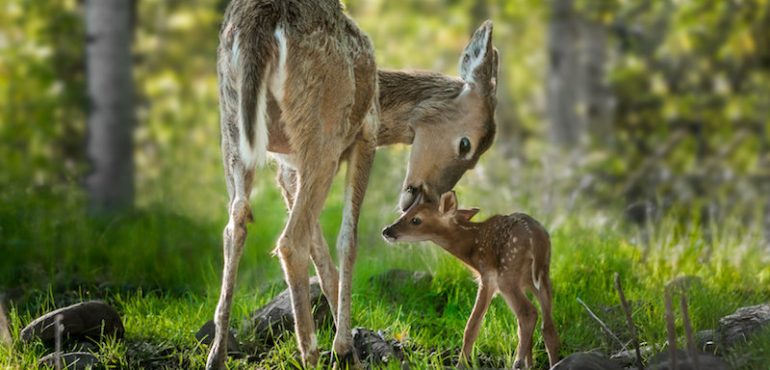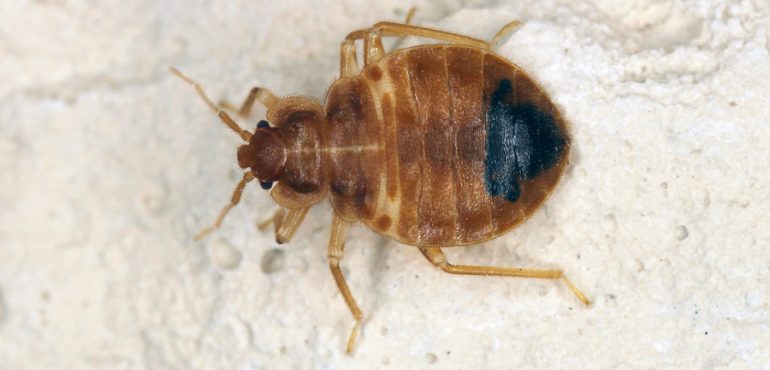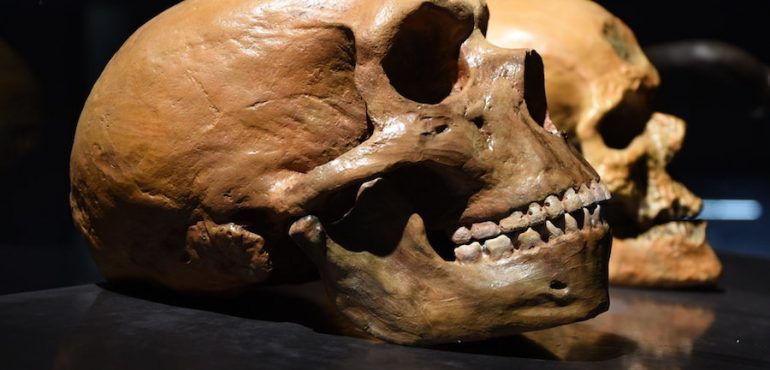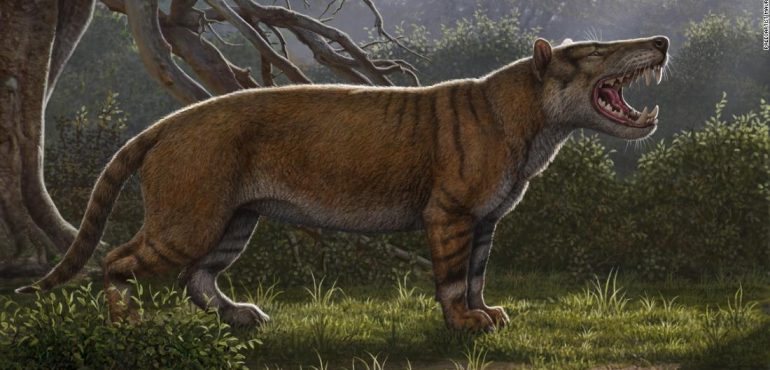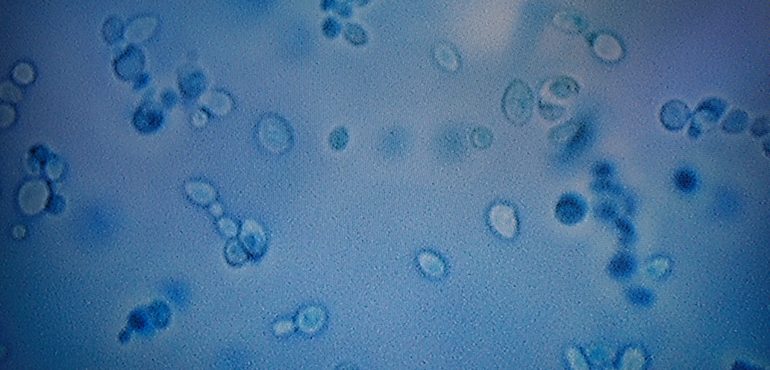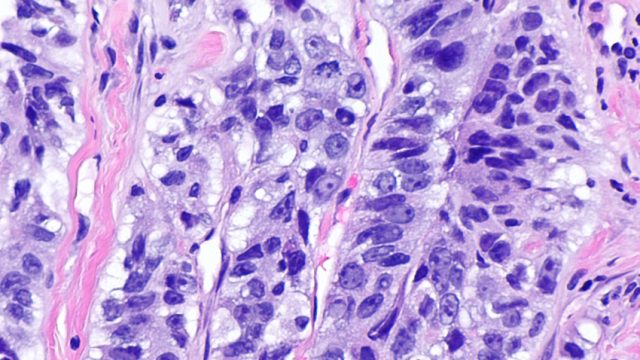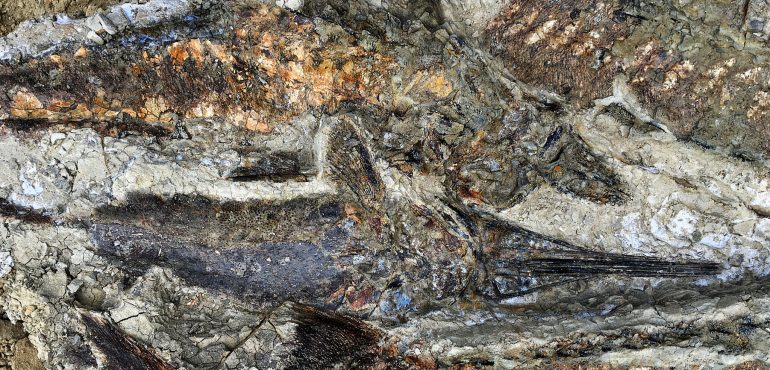People who follow the paleo diet have twice the amount of a key blood biomarker linked closely to heart disease, the world's first major study examining the impact of the diet on gut bacteria has found. Researchers from Edith Cowan University (ECU) compared 44 people on the diet with 47 following a traditional Australian diet.…
Read more
Heart disease biomarker linked to paleo diet


